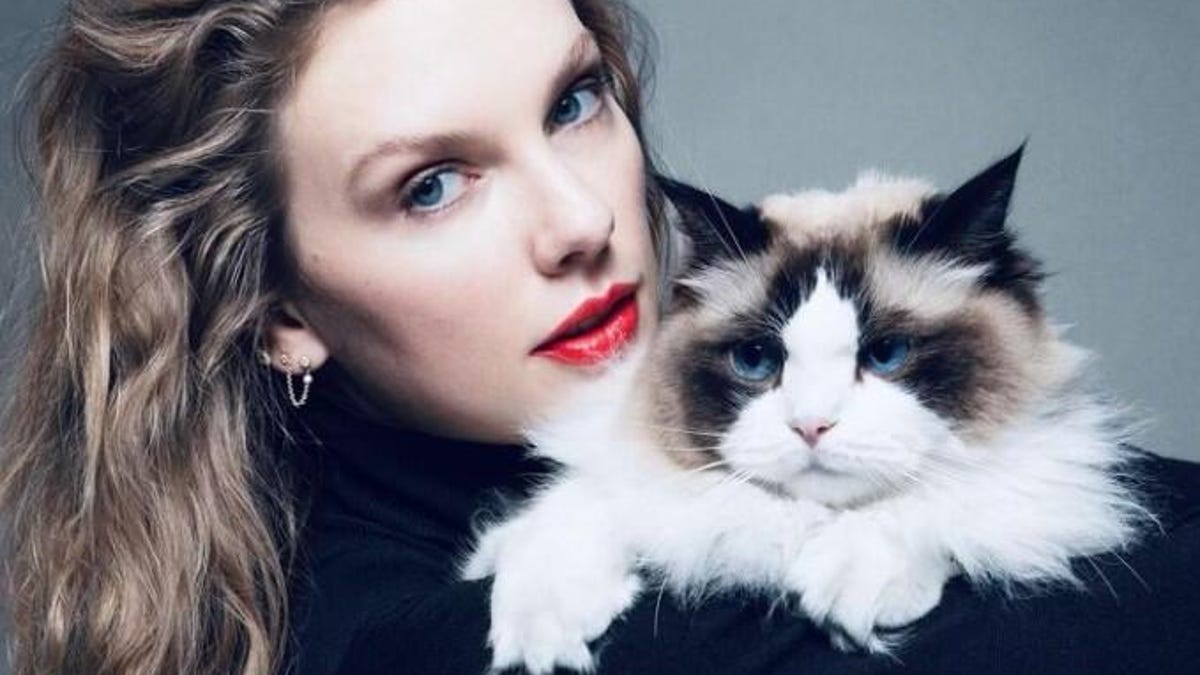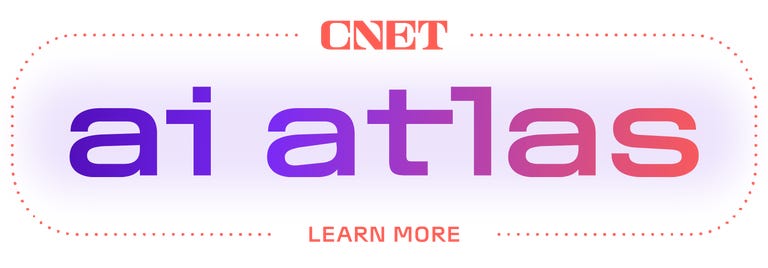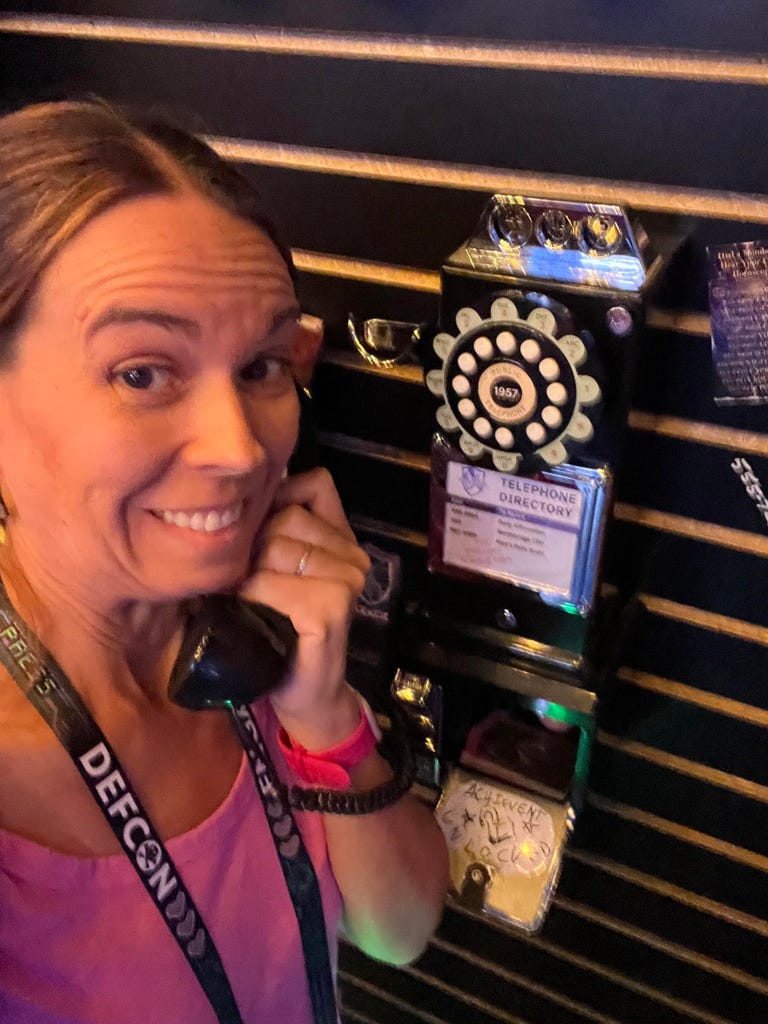Taylor Swift Supports Kamala Harris, Criticizes Donald Trump’s AI Deepfake Post



Taylor Swift endorsed Vice President Kamala Harris for president on Tuesday, citing AI-generated deepfake images posted by Donald Trump that appeared to represent her support for the former president. Her post sparked a surge in voter registration interest over the next 24 hours.
The popular singer-songwriter, who had previously remained silent about her position on the candidates, announced her support After watching the Harris-Trump debate on Tuesday night, he said the deepfakes Trump promoted “fueled my fears around AI and the dangers of spreading disinformation.”
“It made me realize that I need to be very transparent about my real plans for this election as a voter,” Swift said. “The easiest way to combat misinformation is with the truth.”
Swift’s Instagram post included a link to Vote.gov, a voting registration resource, and about 406,000 people clicked through to that site in the next 24 hours, The New York Times reported Thursday. Vote.gov directs users to voter registration sites in their own states, and it’s unclear how many people have actually registered.
Still, the Times noted that Swift’s link was responsible for more than half of the approximately 727,000 visitors to Vote.gov from Tuesday through Wednesday.

Swift’s endorsement of Harris, the Democratic presidential nominee, comes just weeks after Trump posted on his Truth Social platform that he accepted Swift’s support. He also posted AI-generated deepfake images of Swift and her fans, the so-called Swifties, who seemingly showed their support for the Republican presidential candidate.
The images, on which Trump placed the text “I accept,” were originally posted on Xformerly known as Twitter, by a user who labeled them as satire. One of the images reposted to Trump’s Truth Social account had the word “satire” in the image text.
Conversely, Trump wrongly accused the Harris campaign of using AI to fake a photo taken at a rally in August to show a hugely inflated crowd. But numerous other videos and photos of the event showed a crowd roughly the same size as the one in Harris’ campaign photo.
Read more: Election deepfakes are here and better than ever
Advances in artificial intelligence, particularly the rapid evolution of generative AI tools over the past two years, have made it easier for humans to generate convincing deepfakes: manipulated images, video or audio that appear to show people doing or saying things they did not actually say or do. Experts fear that these deepfakes could influence how or even whether people vote ahead of November’s presidential election.
The best way to defend against deepfakes, experts say, is to be skeptical and pay attention to detail. For example, AI-generated deepfake videos can have quirks in movement, lighting or phrasing. It’s also important to evaluate whether the source is trustworthy and to do some fact-checking of your own.
Trump’s campaign did not respond to a request for comment.

Check this out: Deepfake technology at Defcon 2024




